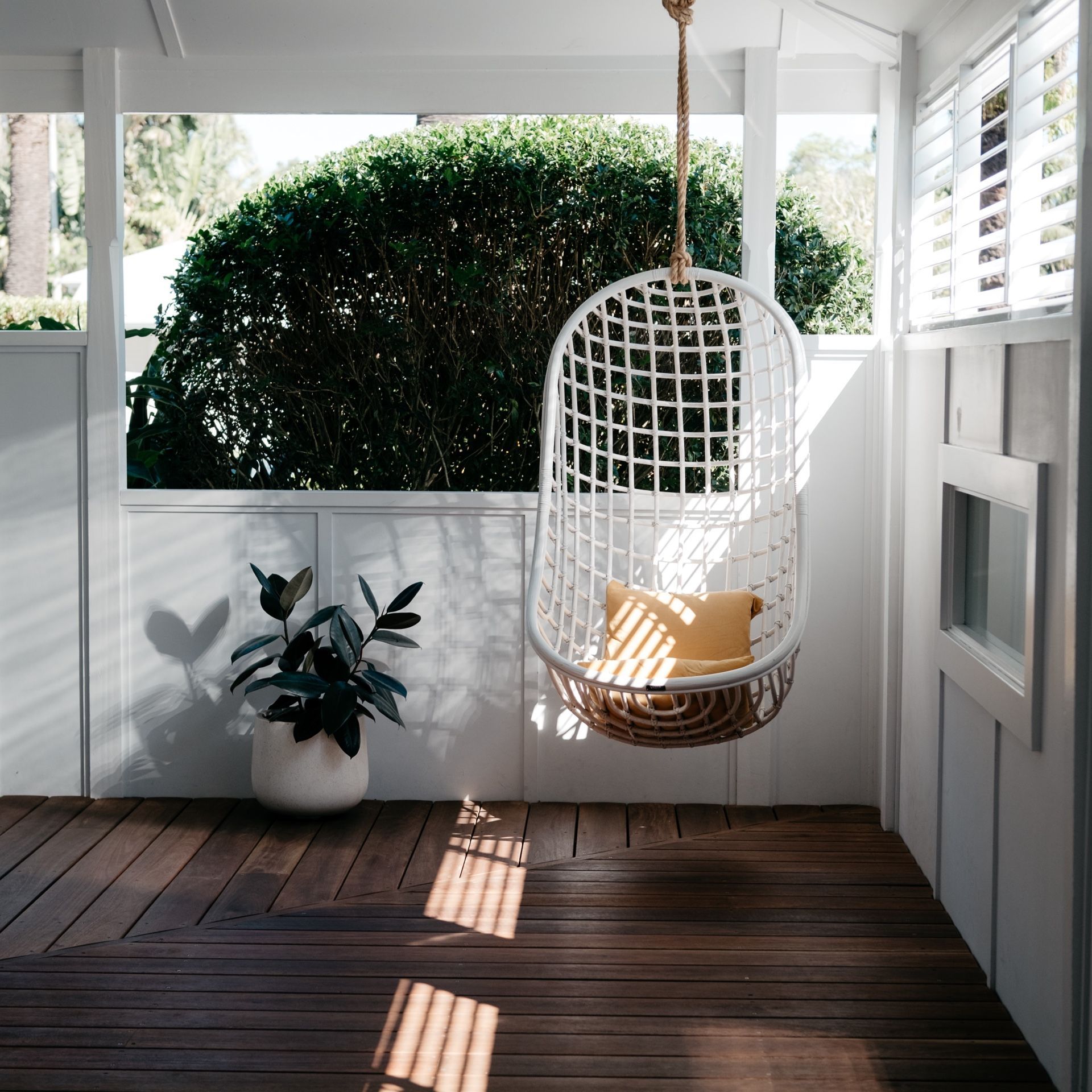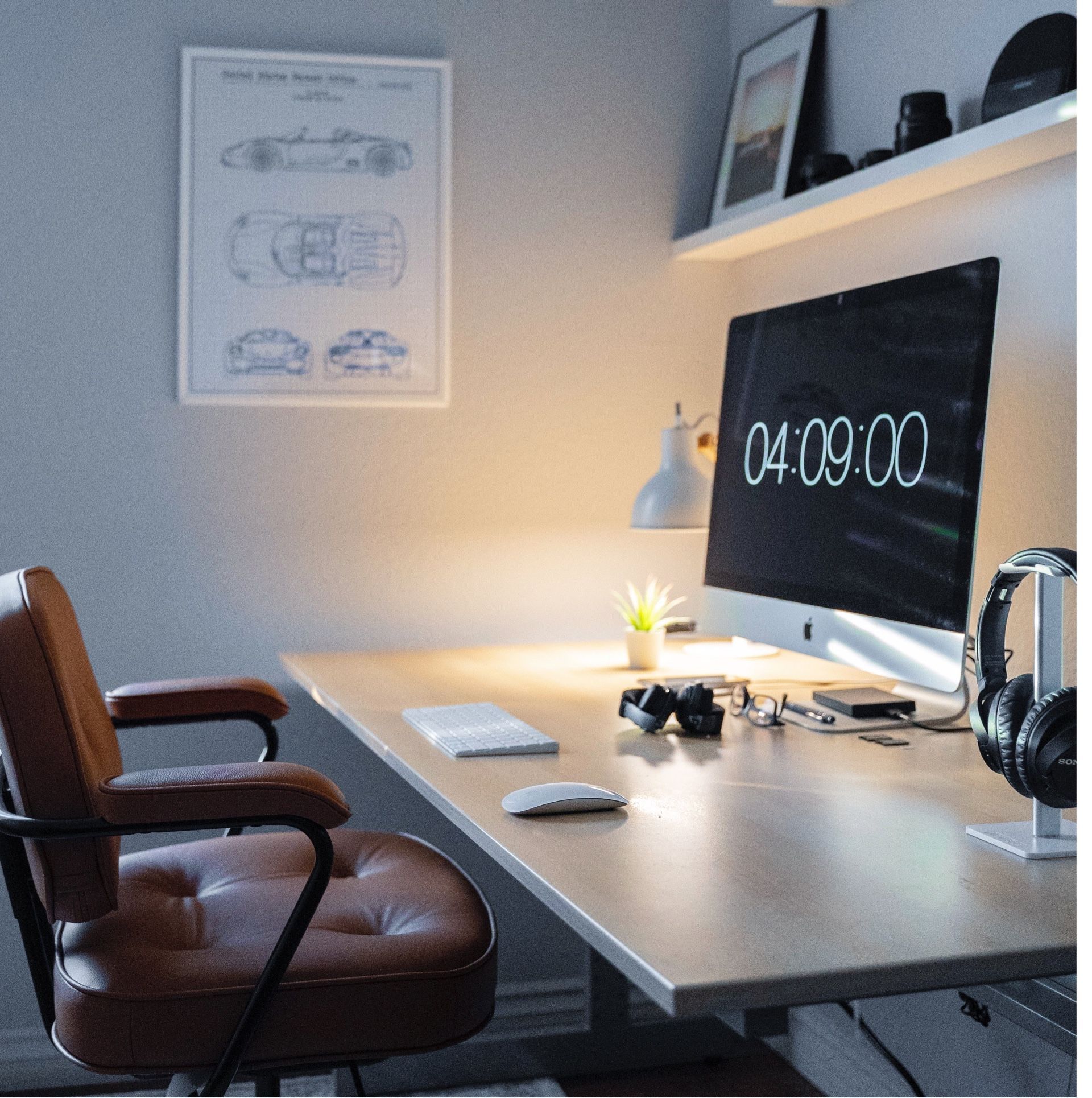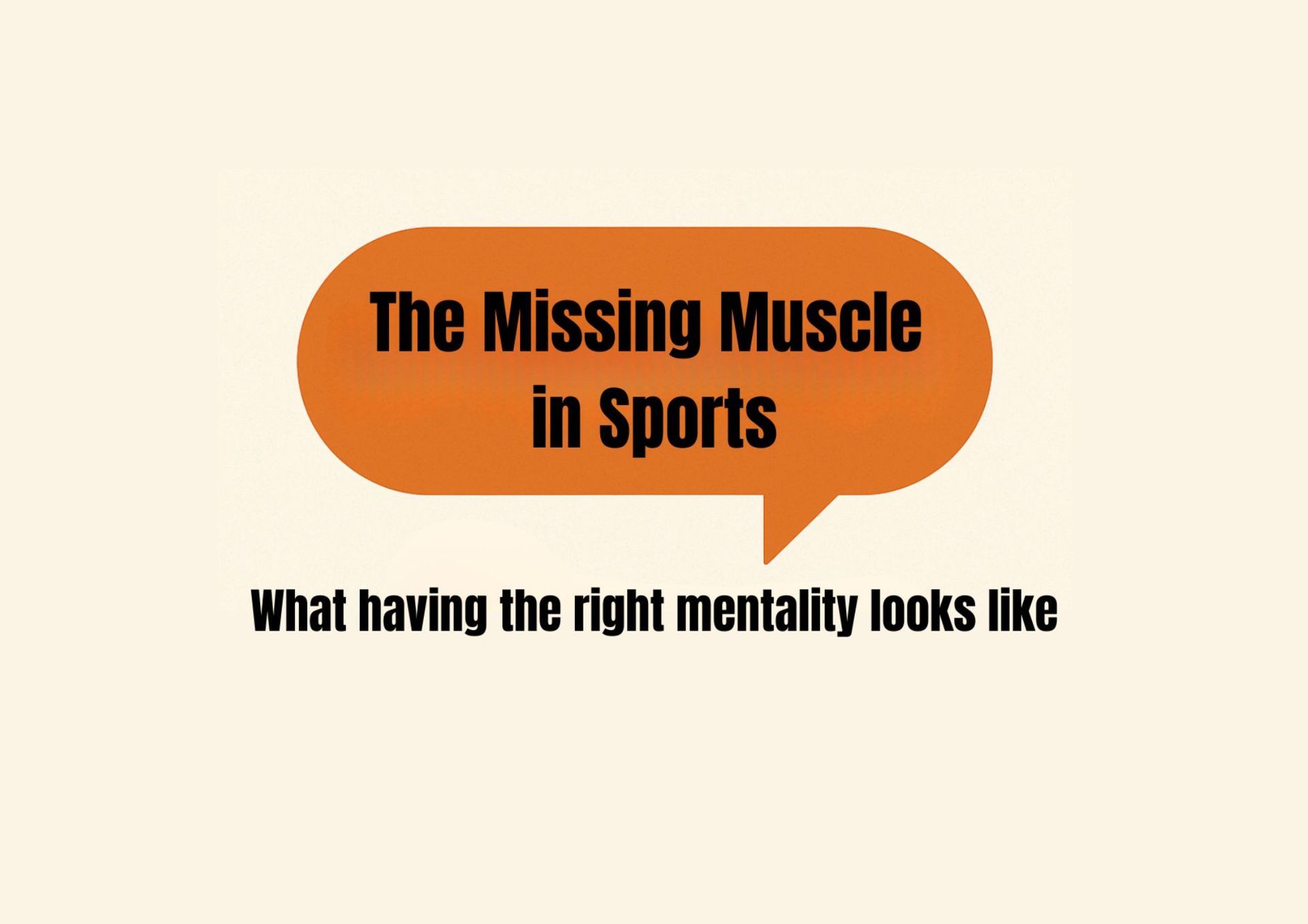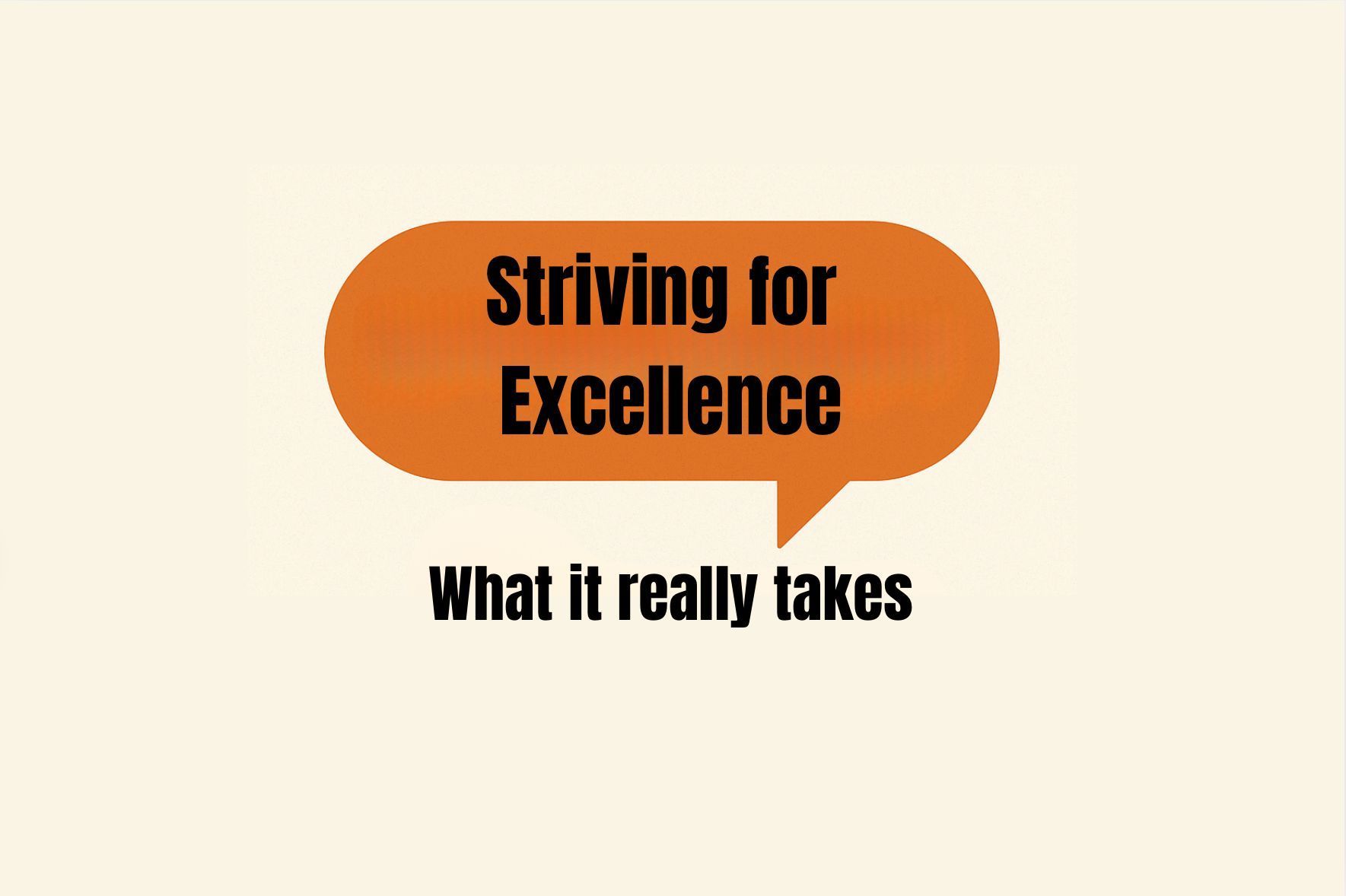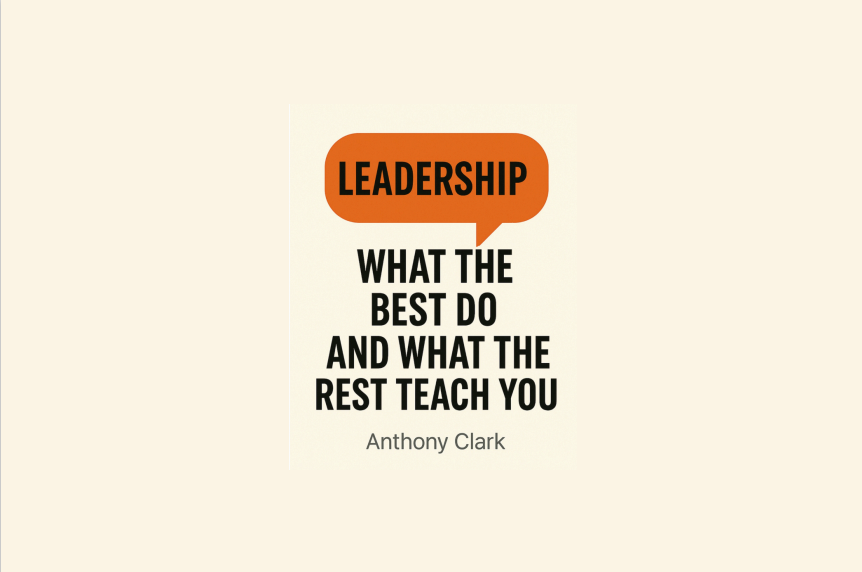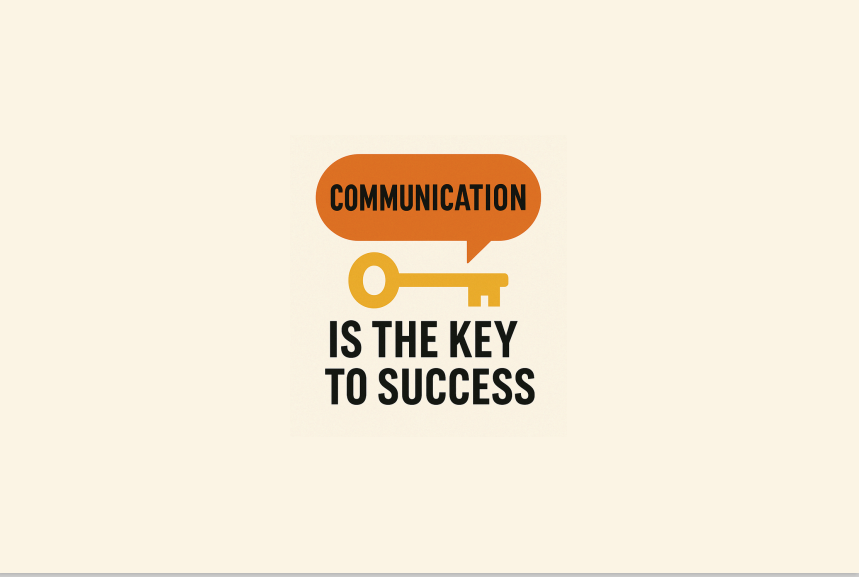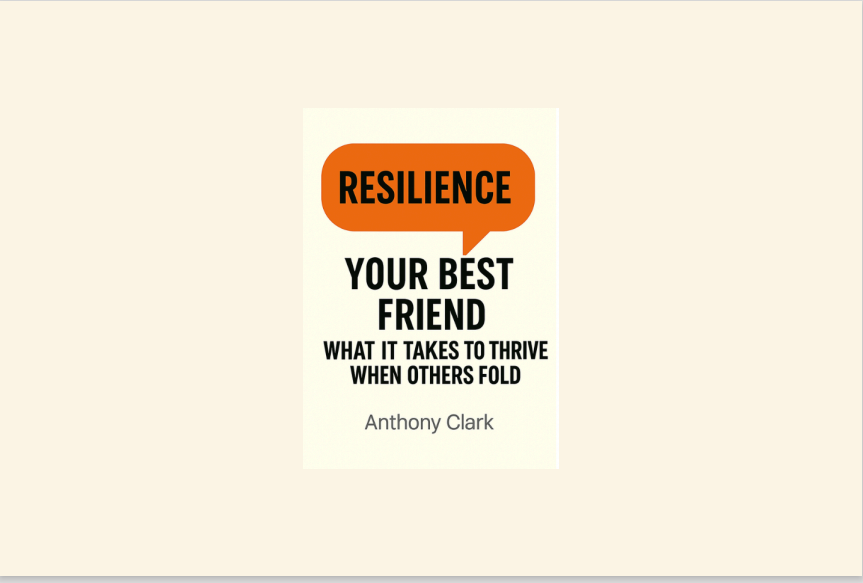Olympic Badminton to Business Coaching: A Lifetime Rally
Olympic Badminton to Business Coaching: A Lifetime Rally
Whoosh. THUMP. Whoosh. THUMP.
“Do you know the fastest swing in sport?”
Whoosh. THUMP. Whoosh. THUMP.
The seated crowd were frozen, hooked on a man driving shuttlecocks into the wall behind them, just above their heads.
Shouts of golf, tennis, even cricket, echoed. THUMP.
“No, it’s badminton…”
Whoosh. THUMP.
The man swinging the racquet with precision and presenting is former Olympic badminton player and coach, Anthony Clark.
We’re in the LCB Depot in Leicester. Transfixed. Hanging on his word. Carried by every swing of this racquet, every thump of the shuttlecock.
Rooted in resilience, communication, travel, family, friendship, World Championships, coaching, competitions, and the Olympics, we’d learn a lot in the next few minutes.
And it all started with a kid collecting shuttlecocks.
Shuttlecock Kid
What makes an elite athlete? What makes them tick? What sacrifices do they pass?
Well, after a thumping presentation here I was sitting down, 1-2-1, with Anthony Clark, to get a fuller picture of his story so far.
I’ll be honest with you; it’s more a saga stuffed with moments then a story told in minutes.
So where do we begin?
We figure the start is a good place as any.
“My earliest memories are five years old running around changing rooms at badminton halls and running behind the courts and obviously getting in the adults’ way while they’re playing”
5 years old seems young, doesn’t it?
But it’s not the first time he was picking and nicking shuttlecocks from adult players.
During his speech, he shows us a news article.
Framed, the paper brown round the edges.
There’s a picture of a small boy, racquet in hand, collaged with adults playing the game (we learn the two in the bottom corner are his parents) who is actually 3 years old.
That little boy is Anthony.
“My parents both played…my dad was a three-time junior national champion and met my mum through playing badminton.”
Those early courtside chapters were the building blocks for what was to come.
“I was probably learning how to play from a very, very young age…one thing my parents wanted was for me to play lots of sports.”
Golf, cricket, running, tennis, football, rugby, he played the lot. But badminton was the sport that set the shuttlecock on fire.
And from his early teenage years Anthony’s mum was entering him into badminton competitions.
“The main time I got really properly into it was when I was 12, nearly 13…the woman who ran the tournament knew my parents, so that's how mum got me in there…I'd obviously been hitting with my parents for years…”
But in that same tournament, a player lost their doubles partner and Anthony was asked to fill the gap.
“My mum then got asked if I wanted to play the mixed doubles because a guy hadn't turned up…So I got to play with his partner and as it turns out, this girl that I'm playing with was basically the best player in the tournament…Oh, wow. She was bloody good. And because any pair that got to the final, then got invited to county trials”
County badminton was an eye-opener for Anthony.
“I just got battered by every single person there”.
But instead of putting him off, it spurred him on.
“Most people would be really put off by that, whereas I was a complete opposite.”
Throughout the presentation. Throughout our chat over video call. Throughout all his elite sporting life, there’s one trait Anthony keeps coming back too: resilience.
Being thumped by county players fuelled that desire, built his resilience brick by brick, point by point.
It’s what you’ll see. Turned down by players, coaches, even best friends, he keeps coming back, resilient in the face of adversity.
Competing in World Championships, Olympics, becoming national champion and coaching the Polish and English national badminton players, being able to stick at it is what galvanises him.
“That's when I actually asked my dad to train me properly - and by the time I was 14, I got selected for the England team.”
Resilience isn’t the only mindset or skill he values, or those that have been fostered throughout his career, our chat brings up leadership, teamwork, goal setting, communication – but resilience seems to be the most important.
So, when I asked Anthony where that steadfast need to keep bouncing back came from. What started it all?
Well, the answers don’t lie in badminton or sport at all.
But in a poignant, sliding doors moment on Benidorm beach.
Benidorm, 1991
“We're looking out to sea, and the waves are pretty rough”.
Picture this. A family of four, giddy at the thought of spending a day at a Spanish beach.
Blazing sun. Refreshing sea.
Anthony was talking about a family holiday back in the nineties. Him, his Mum, Dad, sister. They’d decided to go to the beach for the day, and Anthony wanted to swim.
“It's boiling, you're on holiday in Spain, and I wanted to go in the water cause I was a kid that just can’t sit still”.
In their excited holiday haze they’d missed the warning flags for dangerous waters and Anthony and his mum waded in.
“Mum said that she would come in the water. Literally, as soon as we walked in, the sand, you could feel the sand pulling from underneath your feet”
You can tell this is an emotional story for Anthony, one that holds huge significance.
He takes a moment. Continues.
“It was just simply a case of what was going to be just a paddle and a mess about… basically being dragged out.”
Anthony’s mum wasn’t a strong swimmer, with crashing waves sending her unconscious.
“We were just being basically pulled further and further out. I would say we were at least 100 metres out, where the big waves were really smashing down, and she was being hit by everyone and then coming up, gasping for air.”
“The final one hit her so hard, she came up and she was unconscious.”
“I had to just react and fortunately, I'd done that life saving stuff in cubs and I knew what to do. So I got my hand under her chin… I went on my back, turned her over and just kicked as hard as I possibly could. And it is really weird because it went like a flash. We went so quick back into the shore”
Lifeguards resuscitated her on the beach and took Anthony’s mum to hospital, where she stayed for 7 days, making a full recovery.
“I didn't think loads about it at the time, it was just a thing you do because there's no choice.”
This isn’t the first time I’ve heard this story.
I’ve also heard it during the presentation where each and every listener was gripped. This wasn’t a former elite athlete anymore, this was a son swimming for his mum’s life.
From the thumping of shuttlecocks on a wall to silence, it’s a story most can resonate with.
For the most part, everyone has a mum.
Everyone understands the impact losing them would have, especially at such an early, formative age.
“We were dead lucky. I remember going into the room, and Mum was awake, and she was just in floods of tears.”
“It's my mum of course… goes without saying that I was going to do that, so I do think that whole experience not just taught me about resilience, but it's also made me think a lot about trying to make the right choices.”
Looking back on these moments you realise how instrumental, how life-altering they are.
Without his mum, Anthony doesn’t have the emotional support to lean on for badminton and more practically, he doesn’t have anyone to actually drive him up and down the country to train and play.
“If my mum wasn't here, I honestly don't think my badminton career would have gone like it has.”
And without his mum, there would have been no double national champion at 18 or no trips around the world, like Poland or Holland.
And definitely not China.
Game, Set…Asia!
“We were staying in really basic, pretty rough accommodation… the cockroaches and mosquitoes were everywhere - one of the girls even had a snake come out of the bathtub.”
In the badminton world the best players come from Asia.
It’s a fact the UK and the rest of the world accept.
They train for up to 7 hours a day, with players forgoing traditional western school timetables and focusing on the sport.
Everything else is curated to sit around hitting that shuttlecock.
Everything is about becoming the best.
And the best players, in the 90s, usually came from China.
“We didn't go to school. We were just there to try and play.”
Anthony recalls a total culture shock, with the food, the way Chinese players trained, and how British players matched up to them in dedication, skill, and ranking placement.
“It was way more than just playing and seeing the best players. It was the whole lifestyle that they live under was just so different.”
“I actually got to see a lad play in the tournament that went on to be world number one - he was a country mile better than any of the European players that were there.”
Seeing this didn’t scare Anthony, it didn’t put him off.
The opposite in fact. It was a springboard that spurred him on. He’d train those 7-hour days. He’d remaster his routine to maximise his badminton opportunities.
He’d reach those dizzy heights reserved for elite athletes.
He’d build on a 2-year swing prior to this trip, that made him national champion and took him to his first international tournament in Holland, to become the very best badminton has to offer.
I suppose what he wouldn’t see is being dropped numerous times by doubles partners.
And one of them was his best friend.
Dropped, Dropped, Then Dropped Again
18. Post China visit. Anthony’s now the British national champion.
He’s on a platform to the World Championships and the Olympics as a doubles and mixed doubles partner.
“My goal was to be Olympic champion and world number one.”
Everything, on the surface, seems rosy.
However, probably the most challenging part of his career so far was just beginning. An era testing his resilience, his grit.
Those challenges came with a raft of rewards and recognition.
But also, there were moral dilemmas. Family conundrums. Friendly betrayals.
First, the highlights:
- First European man to reach two doubles finals in the World Championships
- Ranked 4th as a men’s doubles player, and 5th in the mixed
- Played 106 times for England
- 7 Commonwealth medals
- Competed at 2 Olympics
- 9 European medals
Through all this there was constant planning of the next step, understanding his goals and how he wanted to achieve them.
Usually this was in 4-year cycles to coincide with the Olympics.
“When you start looking at that planning…we start right at that level, and we go, right, so that's in four years' time. So by four years' time, we need to be better than that guy. So what does that look like right now? What's he doing? What are they doing? What sort of techniques, tactics, all manner of different things is that player or that pair doing?
And then it's the working back from it so we then know how to start”.
However, competing at an elite level presents elite challenges.
At one point, a coach kicked him out the programme because there simply wasn’t another court to play on.
When he wanted to coach at the end of his playing career (more on that later) he was dropped by Badminton England.
He was dropped by mixed doubles partners on more than one occasion, one of them being his best friend.
Brutal. But that’s badminton at the top.
But this spurred him on, determined to prove them wrong and to showcase the grit, the fire, the determination he had to succeed.
That wasn’t the most painful part, or the biggest dilemma he faced.
At 22 Anthony’s first child arrived and his second a few years later – and he was travelling the globe playing badminton.
What to do? Give up his badminton dream? If he continued, how would he see his children?
Well, he credits the support of close friends, coaches, and his partner, that inspired him to keep playing.
With open communication and strong leadership paving the way for him to succeed as a player and a parent.
“Yes there was an initial shock, however, my family have kept me going all through my career.”
His son now plays badminton at a high level, where his daughter has earned a law degree and solicitors qualification.
Coaching, Then COVID
“When I stopped playing, I heard that classic line of, ‘Don't worry about your future’. There's a job waiting for you”
A natural progression for any player after the body starts to slow, takes longer to recover – simply, you start to age – is to coach.
That was no different for Anthony.
Anthony wanted to pass on his experience, his knowledge, to a younger generation. He thought that would be with the English set-up, but it wasn’t to be.
A promise by the badminton hierarchy was as full of holes as a shuttlecock, and coaching placement after his playing finish never materialised.
Another setback. Another promised opportunity turning into a double fault.
Opportunities weren’t far away though, and at a more grassroots level, arguably where his coaching would make the biggest impact.
“I joined another company…delivering motivational speeches in primary schools”.
This is when Anthony’s skill for communicating and storytelling shines.
Whilst motivational speaking in schools up and down the UK, Nottingham University knocked on his door to head up their coaching department.
“The workshops made the biggest impact with students”
Using his communicative style, leading with example, and able to pass on elite level insights meant Anthony was always going to be valued.
Then, whilst on a volunteering coach programme for Badminton England at a Danish tournament, he got talking to the national Polish set-up.
They wanted him to coach them. He accepted.
What did it mean? It meant living in Poland whilst coaching their elite badminton offering.
The goal? To make the Olympics.
“I went on a trip with that programme to Denmark and that's where I got asked by the Polish guys that I used to compete against if I would like to go and coach them up and through to the Olympics.”
That meant setting plans each of his players could achieve, focusing on the small to make sure they make it to the big.
“They also asked me to coach education stuff for their coaches. I was the national coach, but I did junior camps and education courses and my Olympic players qualified for three pairs and a singles player for the Olympics in Rio.”
When they qualified for the competition who did they face but Great Britain. Facing players Anthony had been around for years.
“My pair and the British pair had a playoff in the last match of the group…I trained and played with them [the British pair], their parents were sitting behind me in the crowd…that was a bit surreal.”
He knew their games inside out.
Poland won.
And after coaching Poland to a personally historic victory over his home nation at the Olympics and being knocked back, effectively dropped by Badminton England for a coaching position after his playing career concluded, they called Anthony home.
“I then got asked to be the England coach.”
He coached in Badminton England for 8 years, through 2 Olympics, and maybe most significantly, through COVID.
“It was the mixed pair that I coached. I took a girl who hadn't played a lot of mix to top six in the world. They won the Thailand Open, they won the European games as well. They did some amazing things and then COVID hit and it was pretty much a bit of a disaster…”
COVID hit those relationships hard. Clear, open communication waned. Connection between coach and players fell apart.
“The reality is I think from that point things became a lot tougher… relationships became more challenged…I let them go on their [own] journey”
The Next Swing
During his time coaching Poland, there were spells as a badminton academy founder. One in Stoke, the other in Cambridge.
“Because the one thing I've always wanted to do was give the knowledge to the youngsters to allow them to go up to the highest levels.”
When Anthony’s commitments to Badminton England took focus, Stoke was passed on and Cambridge naturally came to an end.
Those, along with school coaching, had lit a fire.
A fire that burned bright.
When his time as England’s coach came to an end at the start of 2025, after coaching at the highest level for 8 years, it pressed Anthony to take stock and think where his journey would next take him.
“Something that I thrive on is trying to motivate others through my own journey so that they can hopefully go on and do the same. So, that's why I've gone down the road that I've gone down because that's where my passion lies.”
His entire career had instilled valuable skills like resilience, communication, leadership, goal-setting, planning, and teamwork.
Where could those skills best transfer and benefit people? – NEW END STARTS UNDER HERE
The answer? Corporate worlds and school classrooms.
To take everything he’d learned from Olympic sport and use it to inspire others, giving kids and colleagues the skills to excel.
That’s how Clark Elite Performance was born.
Anthony now delivers two powerful programmes where no badminton experience is needed: Corporate Team-Building Experiences and Motivational School Days. Both are built on the same principles that defined his sporting career. Communication, clarity, and resilience.
For businesses, sessions focus on helping teams perform under pressure, communicate with purpose, and lead with confidence. Using badminton as a vehicle for connection, these interactive experiences are practical, energising, and designed to strengthen team dynamics.
Whether it’s a two-hour workshop or an overnight event, every group leaves stronger, more aligned, and ready to perform.
In schools, his Motivational Days bring world-class lessons into the classroom.
Through assemblies, masterclasses, and workshops, Anthony shares the key principles that shaped his journey, inspiring young people to believe in themselves and understand what real success looks like.
“My goal is simple,” he says. “To help people reach their potential. Whether that’s a boardroom team or a hall full of students, I want them to leave believing they can achieve more than they thought possible.”
Discover Clark Elite Performance here: https://www.clarkeliteperformance.co.uk/corporate-package




